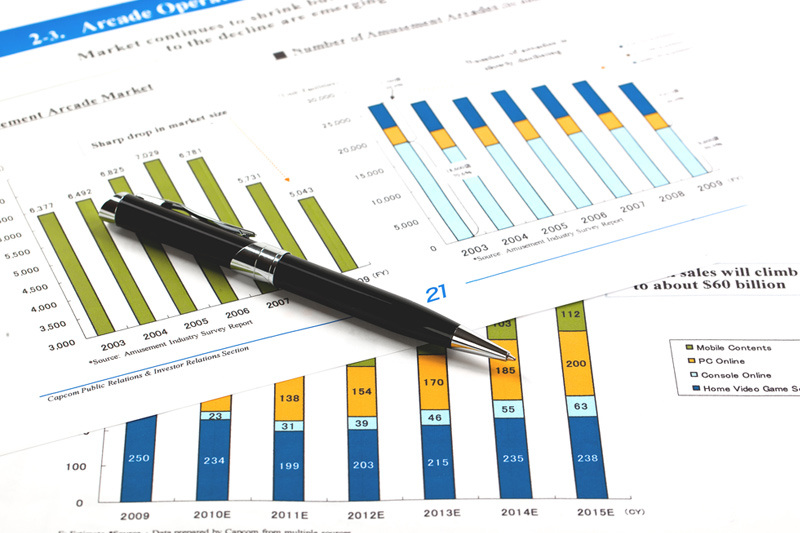ISTANBUL (Reuters) – Turks are trying to lower their credit card limits, bankers said, after President Tayyip Erdogan’s ruling AK Party proposed a bill that would raise fees for some cardholders as part of efforts to fund the defence industry.
The bill, submitted to parliament on Friday, also requires companies and individuals to make additional contributions to the fund via their tax statements and it envisages additional fees for Turks buying and selling real estate and vehicles.
But the changes concerning credit cards – which envisage an annual contribution fee of 750 Turkish lira ($22) for cards with limits set above 100,000 lira – have prompted particularly strong criticism from consumers and economists.
Three bankers who spoke to Reuters said that measure could reduce the number of credit cards in use in Turkey.
“We are observing an increase in requests for lowering credit card limits. Banks have started to discuss and plan for the impact of the regulation draft. They will see what they can do to limit the impact,” said one of the bankers, who spoke on condition of anonymity.
Some users on social media argued that such a fee is unfair because the credit card limit a bank assigns to a customer does not mean that amount of money will be spent.
Economist Mahfi Egilmez said on his X account that the thinking behind the proposals was muddled.
“Tax cannot be collected from credit card limits or loans. A loan is a debt. Tax is something collected from the creditor, not the debtor,” he wrote. “As we move away from science, we are entering into a terrible confusion of concepts.”
There are some 126 million credit cards in use in Turkey, a country of about 85 million people, and some 1.25 trillion lira ($36.48 billion) transactions were made in August, according to Interbank Card Center (BKM) data.
Turks have increasingly relied on credit cards for purchases to survive through years of high inflation that eroded household income and savings, with less access to loans.
Due to high borrowing costs with loans extended to consumers at around an annual 70%, consumers are more inclined to purchase items in installments, a common feature of credit cards in Turkey.
($1 = 34.2644 liras)

































